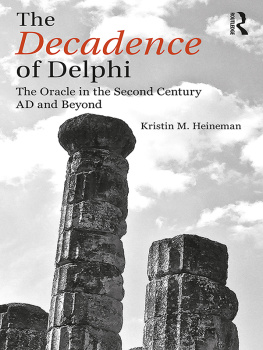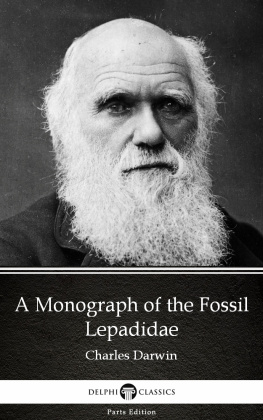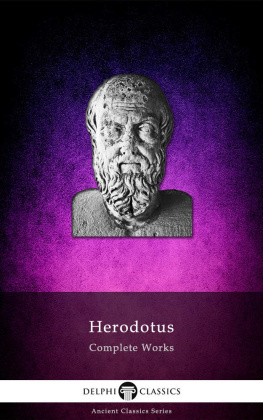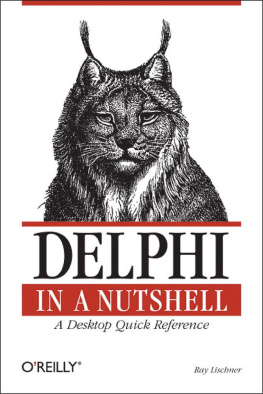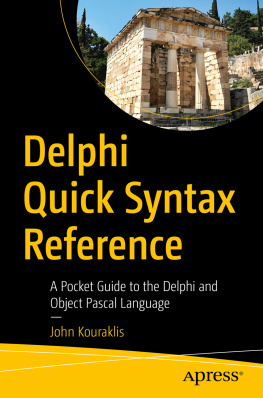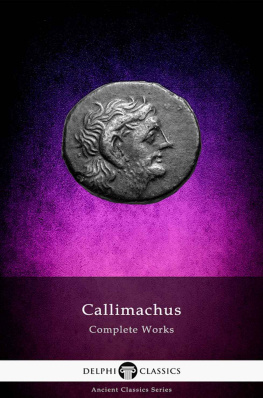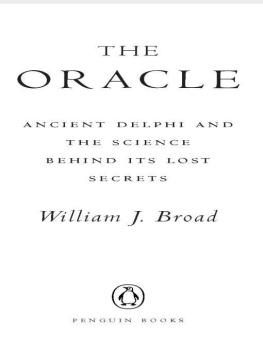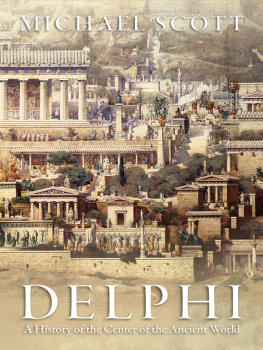The Decadence of Delphi
Examining the final years of Delphic consultation, this monograph argues that the sanctuary operated on two connected, yet distinct levels: the oracle, which was in decline, and the remaining religious, political, and social elements at the site which continued to thrive. In contrast to Delphi, other oracular counterparts in Asia Minor, such as Claros and Didyma, rose in prestige as they engaged with new theological issues. Issues such as these were not presented to Apollo at Delphi and this lack of expertise could help to explain why Delphi began to decline in importance. The second and third centuries AD witnessed the development of new ways of access to divine wisdom. Particularly widespread were the practices of astrology and the Neoplatonic divinatory system, theurgy. This monograph examines the correlation between the rise of such practices and the decline of oracular consultation at Delphi, analyzing several examples from the Chaldean Oracles to demonstrate the new interest in a personal, soteriological religion. These cases reveal the transfer of Delphis sacred space, which further impacted the status of the oracle. Delphis interaction with Christianity in the final years of oracular operation is also discussed. Oracular utterances with Christian overtones are examined along with archaeological remains which demonstrate a shift in the use of space at Delphi from a pagan Panhellenic center to one in which Christianity is accepted and promoted.
Kristin M. Heineman completed her PhD at the University of Newcastle, Australia in 2012. Her research interests include the history of religion, women in the ancient world, and the intersection between Christianity and paganism. She is currently an adjunct at Colorado State University in Fort Collins, USA, and teaches widely in Greek and Roman history.
The Decadence of Delphi
The Oracle in the Second Century AD and Beyond
Kristin M. Heineman
First published 2018
by Routledge
2 Park Square, Milton Park, Abingdon, Oxon OX14 4RN
and by Routledge
711 Third Avenue, New York, NY 10017
Routledge is an imprint of the Taylor & Francis Group, an informa business
2018 Kristin M. Heineman
The right of Kristin M. Heineman to be identified as author of this work has been asserted by her in accordance with sections 77 and 78 of the Copyright, Designs and Patents Act 1988.
All rights reserved. No part of this book may be reprinted or reproduced or utilised in any form or by any electronic, mechanical, or other means, now known or hereafter invented, including photocopying and recording, or in any information storage or retrieval system, without permission in writing from the publishers.
Trademark notice: Product or corporate names may be trademarks or registered trademarks, and are used only for identification and explanation without intent to infringe.
British Library Cataloguing-in-Publication Data
A catalogue record for this book is available from the British Library
Library of Congress Cataloging-in-Publication Data
Names: Heineman, Kristin M., author.
Title: The decadence of Delphi : the oracle in the second century AD and beyond / Kristin M. Heineman.
Description: First edition. | Abingdon, Oxon, New York, NY : Routledge, [2017] | Includes index.
Identifiers: LCCN 2017007780 | ISBN 9781472481801 (hardback : alk. paper) | ISBN 9781315615356 (ebook)
Subjects: LCSH: Delphian oracle--History. | Greece--Religion--History. | Occultism--Greece--History. | Christianity and other religions--Greek--History.
Classification: LCC DF261.D35 H45 2017 | DDC 292.3/209383--dc23
LC record available at https://lccn.loc.gov/2017007780
ISBN: 978-1-472-48180-1 (hbk)
ISBN: 978-1-315-61535-6 (ebk)
Without the assistance of a great number of people, this project would not have been possible; I am deeply grateful for all the help and support.
I would like to extend my gratitude to all the teachers and scholars who have, directly or indirectly, helped me complete this book. This project began as my doctoral thesis at the University of Newcastle, Australia and so I owe a huge debt to the entire Classics department there, including Harold Tarrant, Marguerite Johnson, Hugh Lindsay, Jane Bellemore, and Liz Baynham. You all helped greatly with your advice, discussions, and encouragement. And, of course, Terry Ryan who not only helped me with the research and formulation of my ideas, he also helped me grow into a proper scholar. Thank you.
I would also like to express my deepest gratitude to the Australian Archaeological Institute at Athens for partially funding my trip to Greece and Turkey, allowing me to see the oracular centers in a whole new light, and providing accommodation at the institute in Athens. Additionally, my sincerest thanks are due to the American School of Classical Studies at Athens for their assistance during much of my stay there. Parts of this work were presented at a number of ASCS, and their junior affiliate, AMPHORAE, conferences. I am indebted to the audiences of those conferences for their questions, criticisms and comments on my presented work, which helped me a great deal with the formation of my ideas. Likewise, I would like to thank the audience at the 2012 APA conference in Philadelphia, where the criticisms, opinions, and questions were kind and helpful.
A special thanks to Phoebe Garrett for the final edits of this book. She took a lot of time out of her busy schedule to help me with formatting, advice, and assistance. She is a great inspiration. All remaining errors found within are my own. I would also like to thank the History Department at CSU for allowing me to share some of my research at the Faculty Seminars and the excellent input from everyone there. I am happy to be a part of such a caring and helpful department. Also, I would like to thank my editor, Michael Greenwood who was quick to answer all my questions and help me along the way.
Finally, I would like to express my deepest thanks to my family and friends who have stood by and supported me over the last several years. Thank you especially to my parents, Rob and Jennifer, with their undying support and love. Their consistent encouragement has helped me achieve my goals and I owe a great deal to them. Thanks to my brother who always reminds me to laugh and has been by my side since day one. Most of all, I would like to thank my baby boy for giving me a deadline to stick to and my husband, Erik, for everything. I dedicate this book to them.
I couldnt have done it without any of you. Thank you.
All citations of ancient text refer to editions in the Thesaurus Linguae Graecae (for Greek authors) and The Packard Humanities Institute (for Latin authors). The abbreviations of ancient sources cited follow those of the Oxford Classical Dictionary for both Greek and Latin authors. English translations are given first, followed by the ancient text.
The oracular responses from Delphi correspond to the numbers of the 2004 edition of P&W (for example P&W R233 without page citation to distinguish from a non-oracular reference). Where necessary, Fontenroses classification system will be used (for example H13).
Journal and Book Series Abbreviations
| AJA | American Journal of Archaeology |

